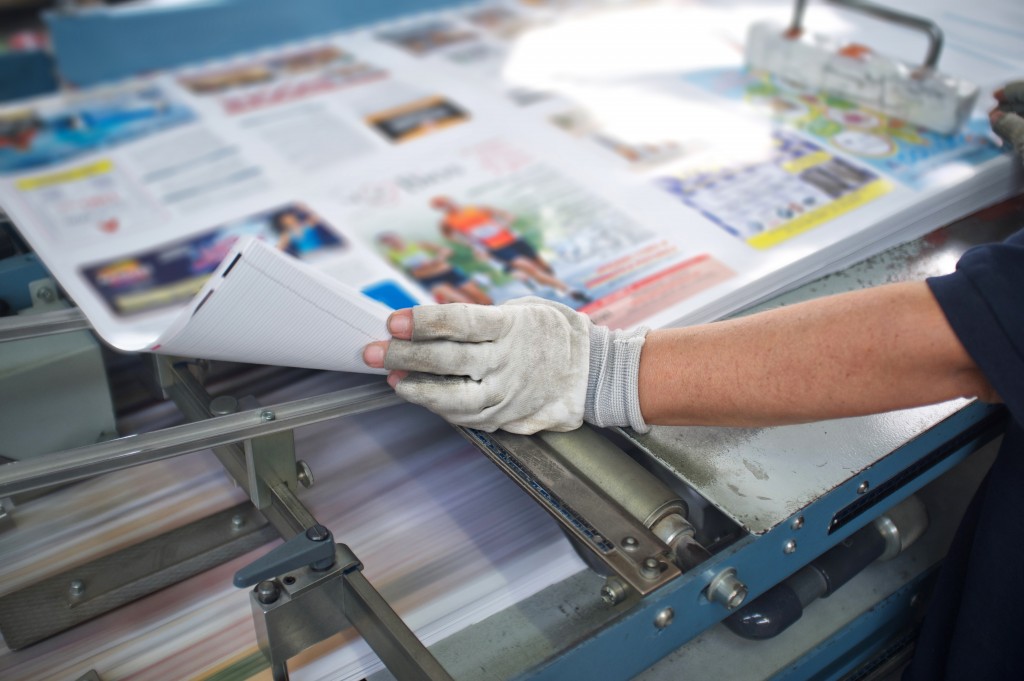- Comprehensive market research is crucial for understanding your target audience, competition, and location selection for an automotive parts business.
- Building solid relationships with reliable suppliers ensures consistent supply and can provide valuable industry insights.
- Effective logistics, including inventory management, distribution, and specialized handling of items like batteries, electronics, and gas cylinders, underpins business success.
- With strategic planning, dedication, and hard work, starting an automotive parts business can be a profitable venture.
Starting an automotive parts business might seem daunting, but it’s not as complicated as you think. Like any other business, it requires a lot of hard work, dedication, and strategic planning. However, when done correctly, it has the potential to be a profitable venture. This blog post will discuss how to build an automotive parts business from the ground up. Whether you’re an experienced entrepreneur or a beginner, this guide will provide you with valuable insights to help you succeed in this industry.
Conduct Market Research
Before venturing into the automotive parts business, you need to conduct thorough market research. It involves collecting and analyzing data to determine if there’s a viable market for your products. Researching your market will help you identify potential opportunities and challenges in the business. Here are some factors to consider:
Target Audience
Identifying your target audience is a crucial step in starting your automotive parts business. Who are the people likely to buy your products? Are they individual car owners, auto repair shops, or car dealerships? Understanding your target demographic’s needs, preferences, and purchasing habits will allow you to tailor your products and marketing efforts effectively. This could involve focusing on certain types of vehicles, such as classic cars, luxury vehicles, or specific brands.
Competition
Analyzing your competition is an essential aspect of your market research. Look at other businesses that are currently operating in your target market. What products do they offer? How do they price their products? What marketing strategies do they use? Understanding your competitors’ strengths and weaknesses can help you carve out your unique selling proposition. This could be anything from offering high-quality parts that your competitors don’t provide, having superior customer service, or delivering customized solutions that cater to your customer’s unique needs.
Location
Choosing the right location for your automotive parts business is pivotal to its success. Factors such as visibility, accessibility, and proximity to your target customers are important considerations. If you’re targeting individual car owners, a location near residential areas can be beneficial. If your primary customers are auto repair shops or dealerships, being located near their operations would be advantageous. Remember, your location not only impacts your visibility and accessibility but also your distribution and delivery costs.

Build Relationships With Suppliers
Building relationships with reliable suppliers is a critical step in establishing your automotive parts business. Suppliers are crucial as they provide the necessary parts that you’ll be selling, so having a good rapport with them can ensure consistent supply and favorable terms.
Consider suppliers’ reliability, product quality, delivery times, and pricing when choosing whom to partner with. It’s also beneficial to have multiple suppliers to prevent potential disruptions if one supplier cannot fulfill an order.
In most cases, suppliers will also have valuable insights into industry trends and customer demands, so building strong relationships can help you stay ahead of the curve.

Prioritize Logistics
Logistics is a vital component of your automotive parts business, encompassing everything from inventory management to distribution. Efficient logistics operations ensure that you have the right parts at the right place at the right time, which is crucial for providing timely service to your customers. Here are some materials that need specialized transportation:
Batteries
Batteries, particularly automotive ones, are delicate items that require special handling during transportation. They contain harmful substances that could pose environmental and safety risks if not properly handled. Consequently, efficient battery transport is essential. It involves using appropriate packaging materials to protect the batteries from damage, ensuring they’re stored properly to avoid leakage, and complying with regulations concerning the transport of hazardous materials.
Electronics
Electronic parts, such as sensors, control units, or navigation systems, are integral components of modern vehicles. These parts are sensitive and can be damaged by static electricity, moisture, or physical impact. Therefore, they require special handling and packaging to protect them from these potential hazards. This might include anti-static packaging, protective cushioning, and secure packaging methods that prevent movement during transit.
Gas Cylinders
Automotive gas cylinders, such as those used for airbags or gas shocks, are another category of products that need special attention during transportation. These cylinders are under high pressure and can be dangerous if mishandled. They require robust packaging that can withstand pressure and impacts, and they must be stored in an upright position during transit to prevent leaks. Furthermore, they must be transported in compliance with regulations regarding the transport of pressurized gases.
Building an automotive parts business from the ground up might seem challenging, but it’s achievable with the right strategies and mindset. Conducting market research and building strong relationships with suppliers are crucial steps in establishing your business. Moreover, prioritizing logistics, especially for delicate items like batteries, electronics, and gas cylinders, is essential to ensure efficient operations and customer satisfaction. With dedication and hard work, your automotive parts business has the potential to thrive in this growing industry. So don’t be afraid to take the leap and start your entrepreneurial journey today.


